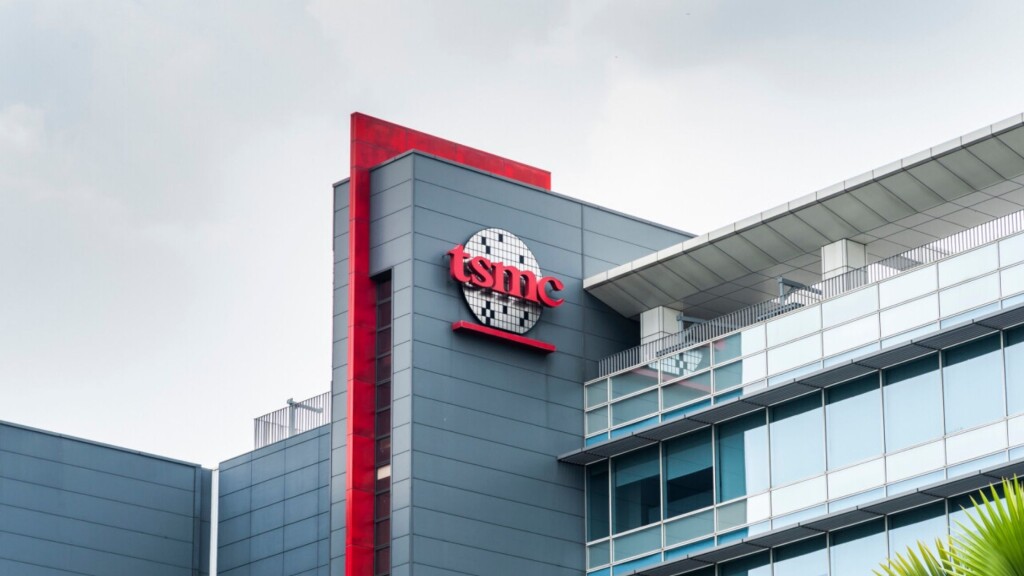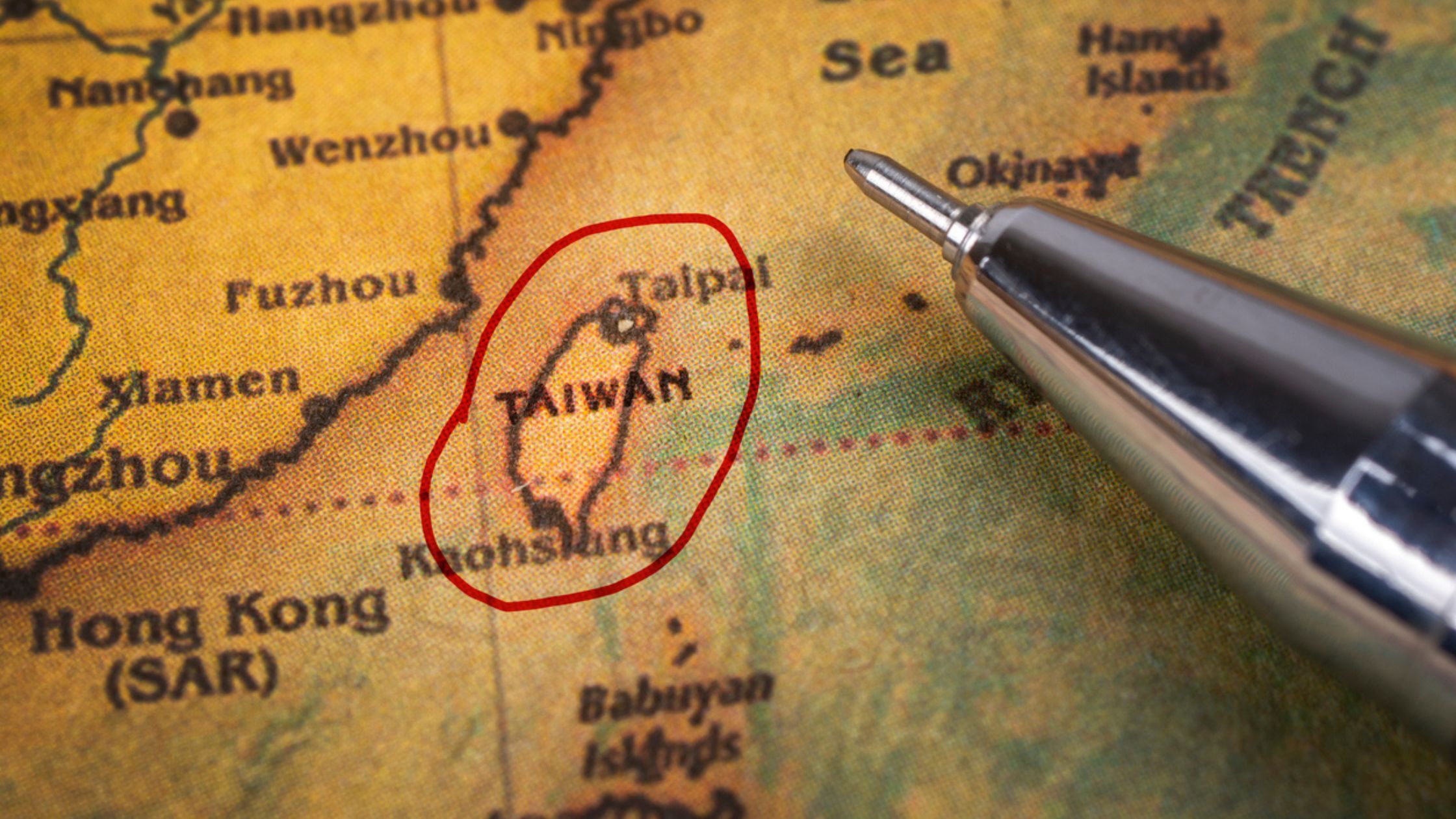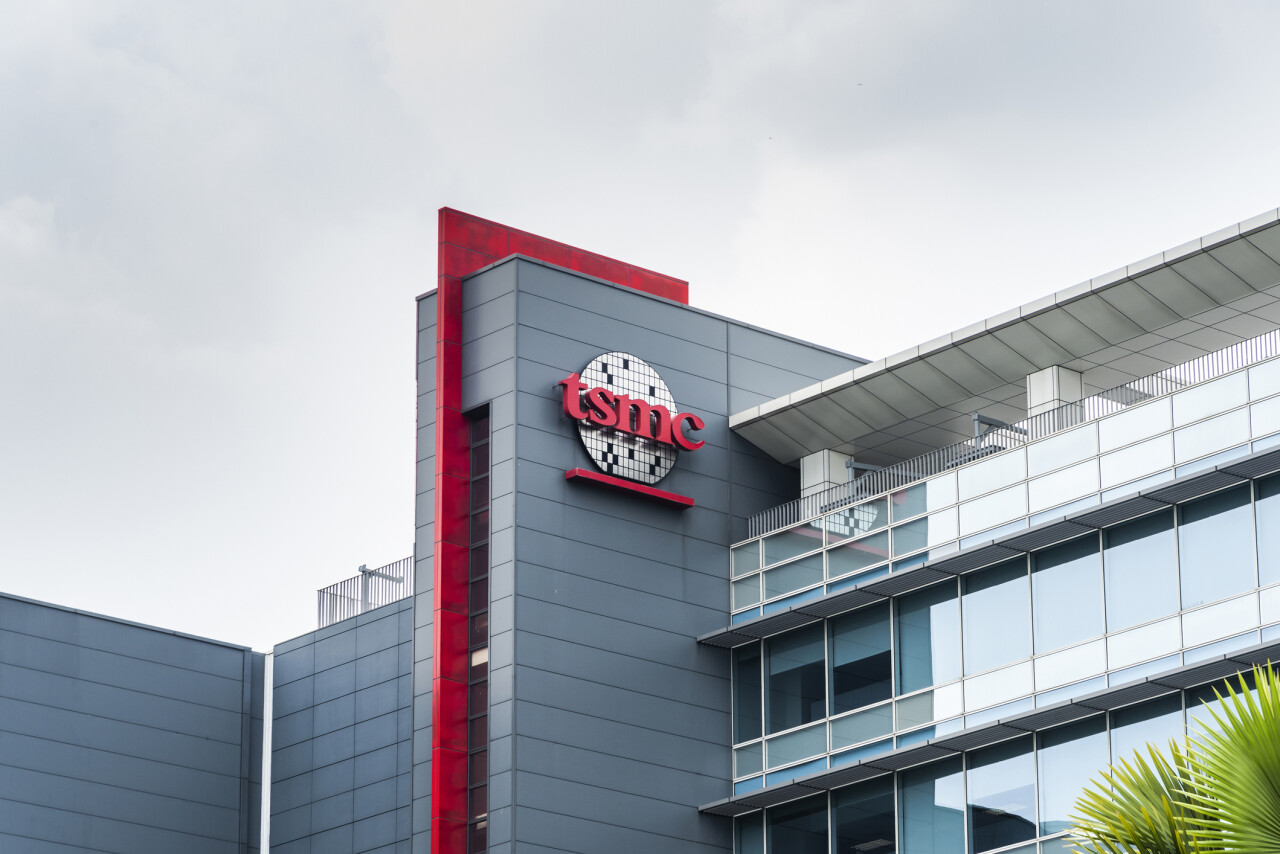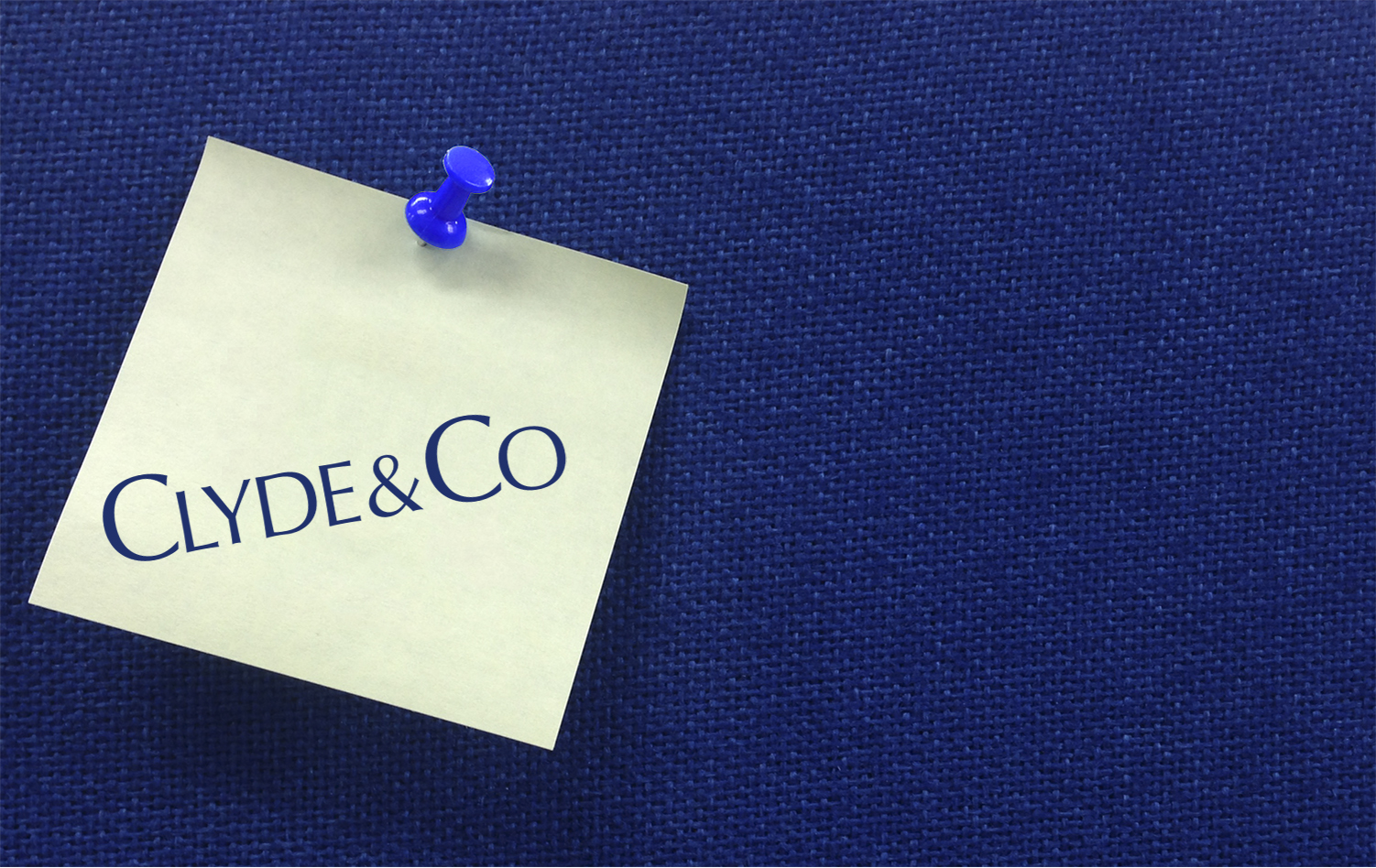Revisions to the Examination Guidelines on Distinctiveness of Trademarks Took Place in September in Taiwan
To enhance the examination principles for distinctiveness of various types of trademarks, the Taiwan Intellectual Property Office has promulgated revisions to the Examination Guidelines on Distinctiveness of Trademarks. TIPO has made the revisions to ensure that the basis on which distinction is determined for trademarks aligns with current market transactions. The main revisions are as follows:
- More details have been added to the different composition patterns of foreign alphabets. Reference examples for determining whether descriptions are designed and distinctive have been provided.
- Assessment criteria and examples for alphanumeric combinations and numbers have been added.
- Examples of popular graphics, purely informational graphics, and commercial design graphics have been added.
- Criteria for country names, geographical images, and geographical names used in descriptions of product origin as well as misleading use or misrepresentation have been added.
- Assessment criteria and reference examples for names and portraits of well-known public figures who are recently deceased have been provided.
- Revised criteria for slogans, common words, new terms and idioms have been added.
- Trademark graphics which include the full name of the company or domain names are considered strictly informational in order to prevent affecting the certainty of the scope of trademark rights and the function of correctly indicating the source of the product or service in the event that trademark rights are transferred or there is a change of name after registration.
Taiwan’s Supreme Administrative Court Affirms Artificial Intelligence Inventions Not Patentable
The Taiwan Intellectual Property Office and the Ministry of Economic Affairs has rejected several applications invented by AI. In August 2021, the Taiwan Intellectual Property and Commercial Court dismissed a case that was then appealed to the Supreme Administrative Court who upheld the trial judgement ruling that an AI system is not entitled to be an inventor. The SAC also sought to address several points of emphasis in its appellate judgement. The SAC focused on what the definition of an inventor was. The SAC defined an inventor as one who actually engages in research and creative activity causing a substantive contribution to the technical features of an invention claimed in the patent application. An inventor is the figure who invents a concept dedicated to solving a problem or achieving a technical effect. If an inventor takes credit for birthing an invention, that inventor must be a person. The definition of an inventor is described in the Patent Examination Guidelines, and the guidelines state clearly that an inventor must be a natural person. Problems with applying for AI as an inventor start with the failure of an applicant to meet formality rules. The Patent Act and its Implementation Rules require specific sufficiency of contents and information in order to have a patent application correctly docketed. The inventor’s name and nationality need to be included on the application form. Comparing the ruling to the situation in other countries using international comparative law, it’s plain to see that accepting an AI system as an inventor is a non-starter.
Taiwan Revises Examination Guidelines on Certification Marks, Collective Membership Marks, and Collective Trademarks
Effective October 1, 2022, the Taiwan Intellectual Property Office has revised the abovementioned guidelines in order to help businesses better understand the Geographic Marks protected under Taiwan’s Trademark Act. About the registration process in Taiwan for the application of a geographical certification mark and geographical collective trademark, an applicant must declare that he or she does not own a business that is involved in the manufacturing and marketing of goods or provision of services of the kind being certified. When applying for a certification mark, the applicant is permitted to list the overarching category in the name of the product or service being certified. However, to ensure that the name clearly corresponds to the conditions of use set forth in the regulations, as well as to facilitate applications for the utilization of certification marks by any third parties, TIPO requires that the names of products and services abide by the NICE classification system.
TIPO Reminds Applicants of Revisions to Substantive Examination for Invention Patents
The Taiwan Intellectual Property Office issued a summary of the revisions to some of the chapters in the Substantive Examination for Invention Patents of the Patent Examination Guidelines, which originally took effect in July, 2022. Some of the main points are as follows:
- In the event that the applicant amends the claim by negative limitations to exclude any overlap with prior art before the issuance of an office action from the patent examiner, the applicant should still provide the patent examiner with prior art documentation and an explanation for further assessment. If no such documentation is provided, the applicant is deemed to have introduced new matter. Exceptions are made for applications where prior art is already disclosed in the descriptions, patent claims, or drawings of the original application as filed.
- Concerning biology-related inventions, the applicant should include documentation proving that biological materials deposited in a depository designated by a foreign country in its territory really exist and are viable.
- During examination of an invention application for the same creation as a utility model patent, if a decision invalidating the utility model patent in a utility model invalidation action has been made but has not yet become final and binding, the same consideration should be applied to the invention application. In principle, the examination of the invention application should continue after an administrative remedy for the utility model invalidation action is final and binding. However, depending on the circumstances of the case, the examiner may use the evidence presented in the utility model invalidation action as part of the examination.
China Assesses IP Commercialization
China attributed several concrete measures that have increased IP commercialization at a press conference in Beijing on 24 August 2022. Firstly, the China National Intellectual Property Administration (CNIPA) has been building an IPR operation system by establishing 33 IPR centers which brings together IPR buyers and sellers while providing support for deals and transactions. CNIPA has also partnered with the Ministry of Finance in building operation platforms, institutes, allocating funds and executing programs in key cities. The IPR evaluation system has been refined, a national standard for patent evaluation has been designed, statistics on patent royalty rates of recorded licensing agreements have been published, and a system to detect prices of IPR deals has been formed. CNIPA has also joined hands with the Ministry of Finance to implement a special program on patent commercialization while demanding local administrators bond patent open-licensing pilot programs with patent commercialization programs and to integrate with IPR operations of universities and enterprises.
Hunan Province of China Boosts IP Development
The China National Intellectual Property Administration (CNIPA) and Hunan Provincial People’s Government held a conference promoting the province’s innovation strategy. Hunan authorities have been sparing no efforts in strengthening IP work in the province, such as initiating the construction of an IP Protection Center and ensuring the completion of the building is on schedule. As part of the nationwide plan to strengthen the IP field, the local team members have been focusing on IP protection and IP commercialization and use. The results speak for themselves with a total of 80,600 invention patents to date and with 1,142 applications ongoing.
Highlights of Amendments to the China Patent Law
The CNIPA recently issued a summary of the updates to the Amendments to the China Patent law originally issued in June, 2021. The major aspects are as follows:
- The amended Patent Law increased the statutory sum of damages to a range between RMB 30,000 and 5,000,000. The increase is taking into account the difficulties faced by the patentee when trying to collect evidence of infringement.
- The system regarding design patents has been improved. Protection on partial design is now allowed. The protection period of design patents has been extended to 15 years. Also, within six months of filing the first domestic design patent application, an applicant can claim priority when filing another domestic application for the same subject matter.
- Pharmaceutical patent term restoration, a compensation for the amount of time taken up by the review and approval process for new drugs, has been introduced. For invention patents related to new drugs that have received permission, term restoration shall be granted in response to the request of the patentee. The extended term shall be no more than 5 years, and the total effective term of the patent after the launch of the drug shall be no more than 14 years. Further, during the process of the review and approval process of a new drug, when disputes regarding patents of the new drug occur, the applicant, the relevant patentee or other interested parties can file a complaint with the court to request a ruling on whether the new drug falls within the protection scope of patents owned by other patentees.
- The new Patent Law introduced the Open Licensing system. A patentee can make a declaration to the relevant authorities, stating the willingness to authorize any institution or individual the right to implement the patent, and specifying the amount of royalties and the payment schedule.












 Deep & Far Attorneys-at-law
Deep & Far Attorneys-at-law Yu-Li Tsai
Yu-Li Tsai Lu-Fa Tsai
Lu-Fa Tsai C. F. Tsai
C. F. Tsai




